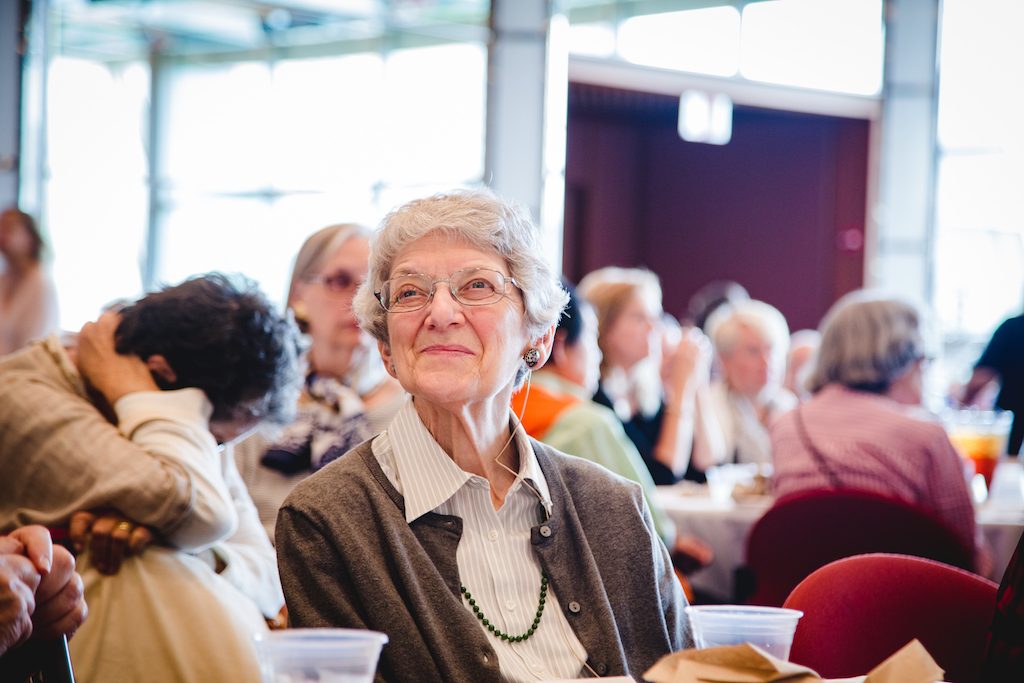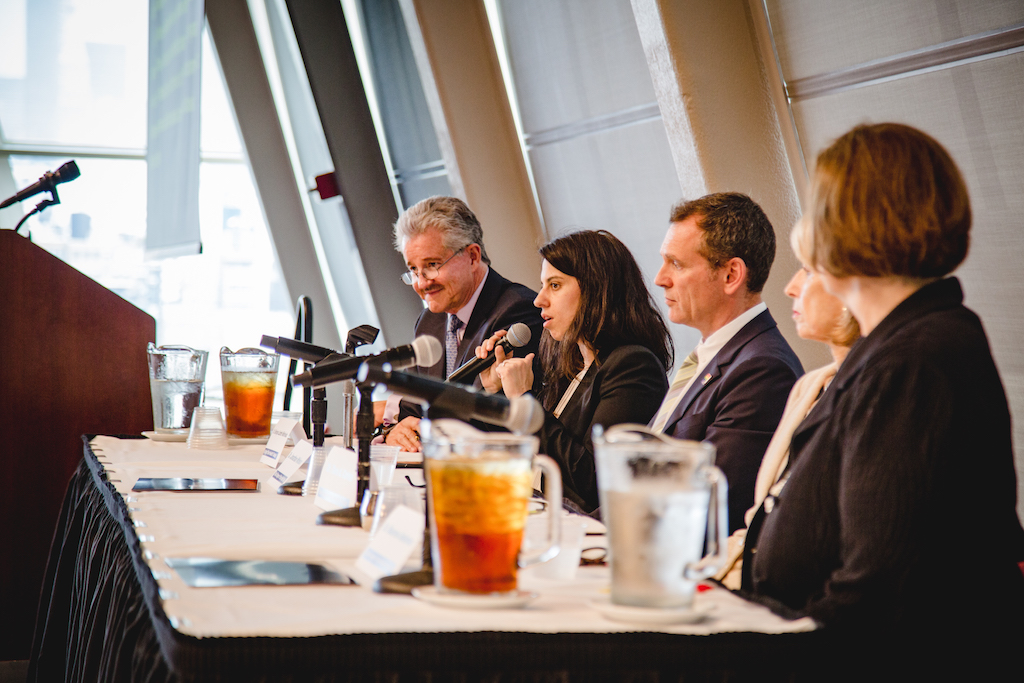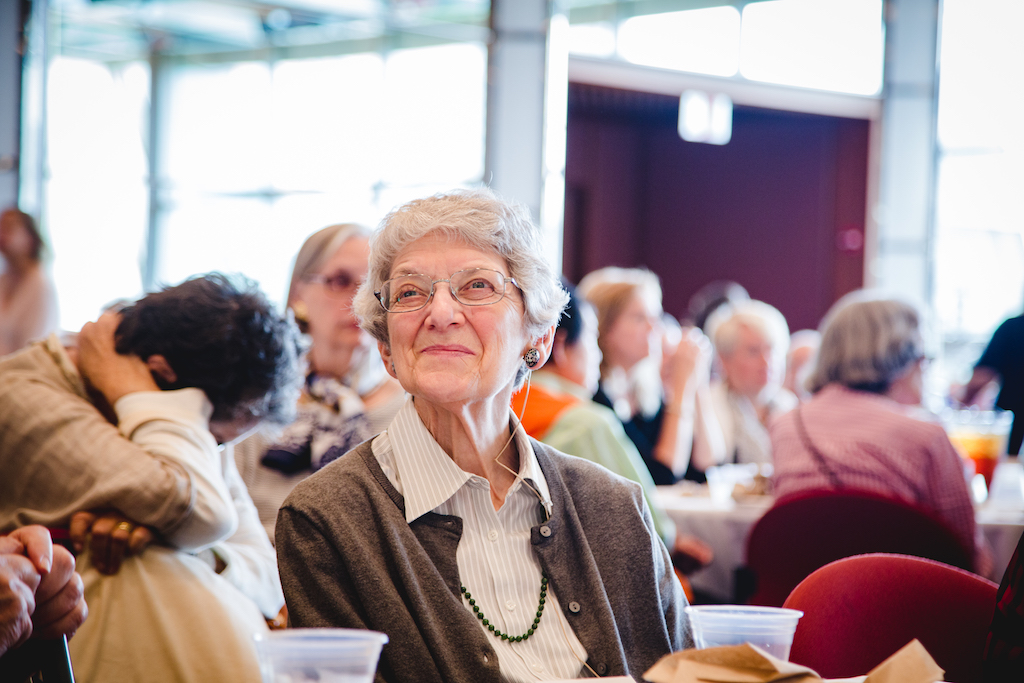BY ALEJANDRA O’CONNELL-DOMENECH | Doctors at New York University’s and VillageCare’s Take Charge of Your Health Today! community health forum stressed the importance of diet, exercise and good mental health as ways to manage chronic pain.
The theme of the June 5 forum — the eighth annual — was “Your Pain Matters— Understanding and Speaking about Chronic Pain.” It featured a panel discussion moderated by CBS medical journalist Dr. Max Gomez on ways to manage pain without the use of painkillers.

“We unfortunately find ourselves mired in an opioid epidemic,” said Dr. Soriya Lizette Motivala, a neurological surgeon at Lenox Hill Northwell Health Physician Partners and one of the forum’s five panelists.
“Part of how we ended up in this spot is that we were looking to cure it,” Motivala said of pain. “That’s what those pills were supposed to do.”
Healthcare providers are currently trying to change how pain is treated and viewed. The idea is to shift the perception of pain from something that can be treated with a pill — specifically, opioids — to something that can be managed. And during the two-hour-long event on the 10th floor of N.Y.U.’s Kimmel Center, panelists gave attendees some practical pieces of advice.
Get up and move. Even if it’s walking for just a few minutes a day, staying physically active is essential to keeping joints loose and preventing and easing joint or muscle pain.
Eat better. There are countless fad cure-all diets out there, but removing foods that might cause inflammation from your diet could help ease chronic pain. Dr. Maureen Anderson, a professor at Oakland University Beaumont School of Medicine, recommended taking supplements, such as fish oil, to help with pain.
Lose some weight: According Dr. Jonathan Whiteson, director of cardiopulmonary rehabilitation at N.Y.U. Langone Medical Center, one extra pound on the body means four extra pounds of pressure on a joint.

Manage depression: The depression that can come along with chronic pain is not talked about enough, according to the panelists. All too often, those suffering from chronic pain feel alone, frustrated and saddened by how challenging it can be to engage in activities they once loved. But the panelists all agreed that forcing oneself to get out and join in activities and see friends, families and neighbors is an immediate mood booster. Staying active and socializing can also provide distractions from pain, they added.
Be your own advocate: Panelists urged attendees not to be afraid to talk about their pain with their doctors — and if a doctor seems distracted, to make sure that they listen. Physicians should always be willing to spend an extra 20 minutes with a patient to ensure they are on the same page when it comes to the patient’s health.
Also a panelist at the event was Dr. Tara Cortes, executive director of the Hartford Institute for Geriatric Nursing and professor at the N.Y.U. Rory Meyers College of Nursing.


















